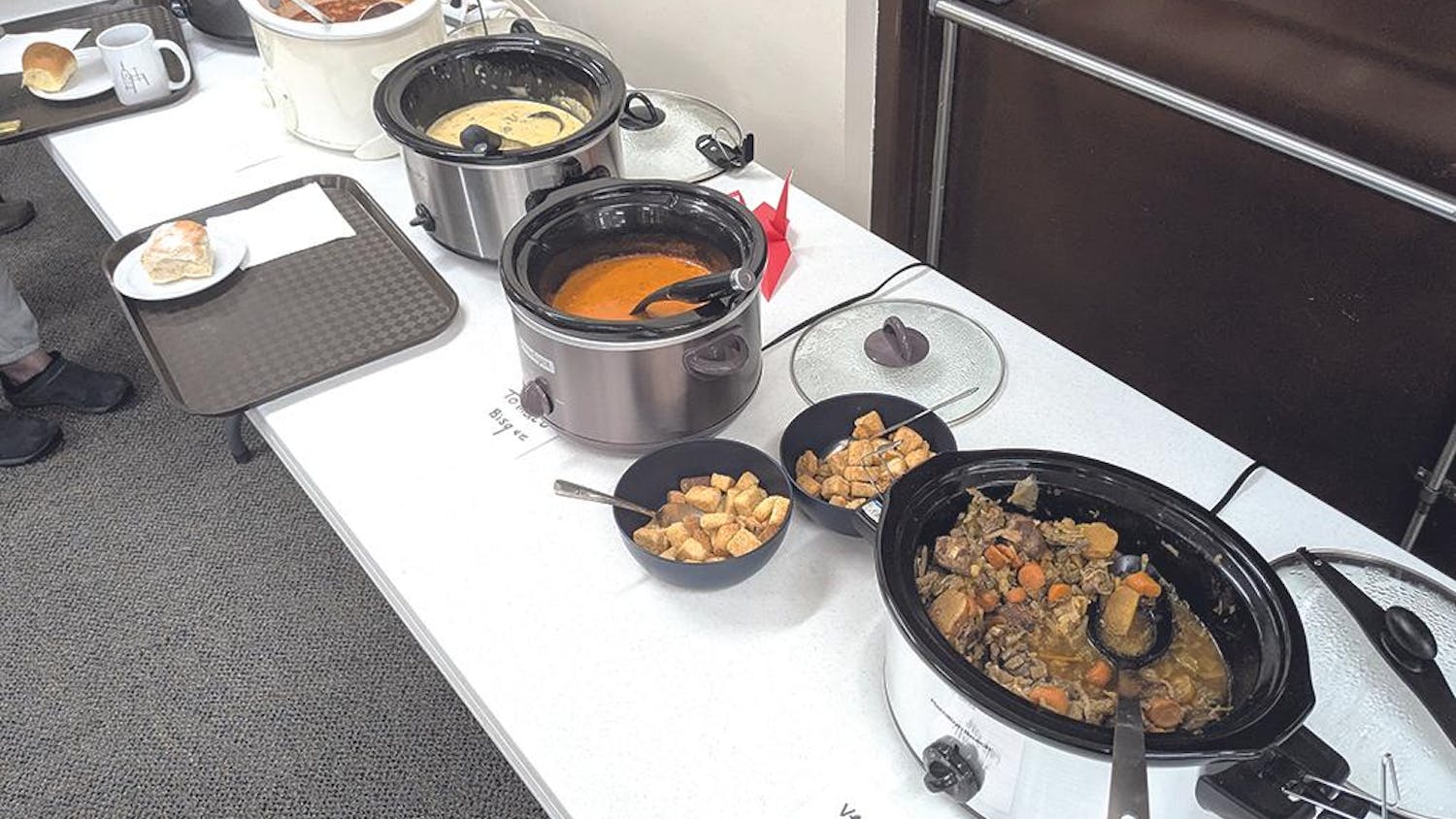Lyman Townsend Covell was one of 12 children born Sept. 30, 1835 to Calvin & Elizabeth (nee Coleman) Covell of Ridgebury, Pennsylvania. In September 1859, he left Pennsylvania and traveled to the White Lake area where he joined his brother Andrew J., who had come three years earlier. Together they went into the lumber business.
Then in 1862, a brother-in-law, Joseph Hinchman, came to Whitehall and joined the Covell brothers to form Hinchman & Covell in 1865. The firm operated a boarding house in town for their men and had a number of camps up the river. L.T. tried his hand at all phases of the lumbering business. He was a camp cook, an axe man, drove an ox team, rode logs, and managed the mill.
Lyman married Eunice Hobler July 3, 1866. They had two sons: George E. (1867-1954), who became president of the State Bank of Whitehall; and Frank H. (1869-1928), who was the manager of the L. T. Covell firm.
By 1874 the first mill was too small to handle the growing business, so a new mill was built. The main building was 30 feet by 120 feet, and two stories in height with 12-foot ceilings. It had one circular and top saw, one gang edger, one slab saw and lath mill. The engine room was 30 feet by 56 feet; the engine, manufactured by the Montague Iron Works at a cost of $3,200, had three 20-inch boilers 20 feet in length. The smokestack was four feet in diameter and 100 feet high. The mill without the site cost $30,000. This mill became the Staples & Covell mill. In 1897, Covell purchased Staples’ interest in the mill and ran the business by himself until Oct. 10, 1911, when it permanently shut down.
By 1883, L. T. Covell had a 280-acre farm in Montague township. The first purchase was made around 1878 by Staples and Covell and consisted of 40 acres, bought more to help out the individual who owned it than for any other purpose. But afterwards, Covell bought two or three more “forties” in the same neighborhood and finally bought out Mr. Staples’ interest.
Of the 280 acres owned by Mr. Covell, 215 were cleared and in use. Two substantial barns had been built and the property well enclosed. The first barn was 40 feet by 93 feet and mainly used for the storing of hay but had stock accommodations. The second barn was 30 feet by 90 feet with two additions, each 46 feet by 56 feet, to be used as a stock barn.
The horse barn building was 18 feet by 50 feet and an addition for wagons and implements of 16 feet by 50 feet. At the time there was a stock of 75 head of cattle, 165 of sheep, and 8 of horses, besides the swine and poultry. Three Stover windmills suppied the farm with water. The farm was under the management of P. E. Wells and Charles Schroeder.
On May 11, 1917, the Staples & Covell mill, which was built in 1874 and was the last of the sawmills on White Lake, burned to the ground. The prevailing northeast wind swept the flames across the road and soon the fire spread to the lumber and coal sheds, despite all efforts by the fire department to save them. The old sawmill, which had been idle for several years, was a prized landmark as the last of the many mills that once dotted White Lake. The loss was estimated at about $8,000 and was partially covered by insurance.
Lyman died Jan. 27, 1916. His wife Eunice died Sept. 22, 1926. They are buried in Oakhurst Cemetery.
Joseph Hinchman was born Nov. 11, 1819 in Hamburg, Sussex, New Jersey. He married Lyman’s oldest sister Emiline Covell in 1849. She was born Nov. 28, 1829 in Ridgeburg, Pennsylvania. They had two children: Melvina (1850-1921) and Edwin B. (1859-1932).
Hinchman had heard of White Lake as a good lumbering region, and sent another brother-in-law, A. J. Covell to spy on the land in 1856, and his report was so good that he had to see for himself.
When he first came to Whitehall in 1862, he entered into businesss with C. C. Thompson and the Covells in a sawmill and general store. Afterwards Thompson and Covell took over the store, and Hinchman sold his interest in the mill to H. E. Staples and the name changed to Staples & Covell. Mr. Hinchman then confined himself to lumbering operations.
In fall 1877 while lumbering in Blue Lake Township he became ill, and never recovered enough to continue working. He sold out all his interests in 1880, so nothing in the way of business would trouble his mind. He was confined to his home after that.
In 1884 Joseph and Emiline left Whitehall and moved south to their son’s home in Barryville, Carroll, Arkansas, hoping to regain his lost health. However, that was not to be. Joseph died Feb. 4, 1887. On June 19, 1889, Emiline Covell Hinchman also passed away at her son’s home. They are both buried in Oakhurst Cemetery in Whitehall.












